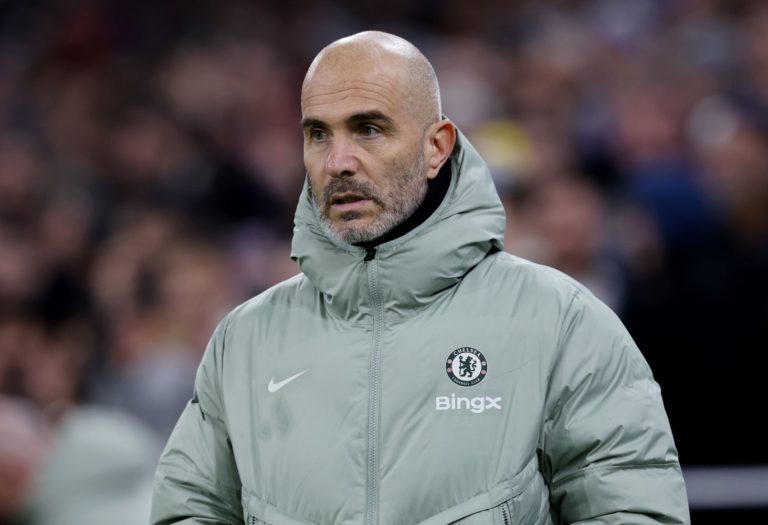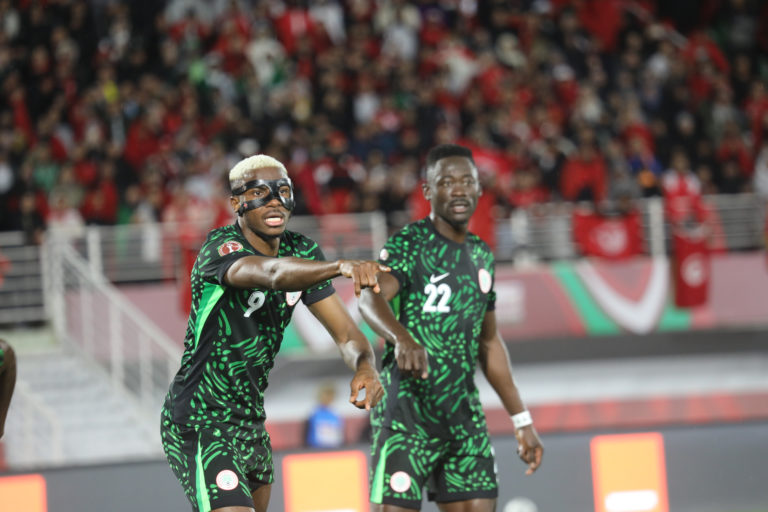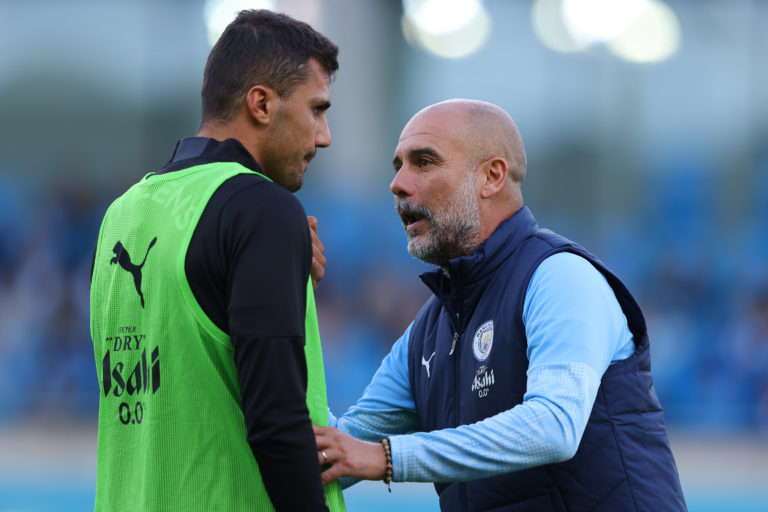Adam Walton talks about the beauty but absurdity of the transfer window, where fans are both enamored and disenchanted by a culture driven by the football gossip mafia.
Adam writes on a variety of topics, with a strong focus on football, in his weekly Substack post Bald Men of The 90s.
And finally, it’s over. After 315 days, 115 charges, two decaying superstars, one World Cup and no Granit Xhaka red cards, the 2022/23 European club football season is over.
It ended, as has seemed inevitable since February, with Manchester City reaching their asterisked zenith of football, securing the fabled treble. The aftermath of Saturday’s lacklustre 1-0 win over Internazionale has contained a frustrating lack of discussion of City’s morally dubious ownership, and a welcome amount of Jack Grealish swallowing tins of snus.
Yet, if you listen closely, blocking out the ‘90s Eurodance and Fleetwood Mac, you will already hear, in slightly broken English:
“Youri Tielemans to Aston Villa, here we go.”
With the past season’s body not yet cold, the harbingers Fabrizio Romano and David Ornstein have already signalled the return of that debaucherous opus, the summer transfer window.
Without the day-to-day churn of the ever-crowded fixture list, the world’s sports media – both traditional and social – turn their considerable attention to the comings and goings of Europe’s elite football clubs.
It is the pinnacle of the sport’s hot-takery, with “certainties” forged in the hypothetical, by the limited evidence of what has come before, and the vacuum of knowledge of what is to come.
Cast your eyes back to last summer, and Sky Sport’s transfer window XI, as voted for by their viewers.
What a delightful collection of ineptitude. Highlights include a striker who got more yellow cards than goals, and a centre-back that made Ellis Simms look like Gabriel Batitstuta. By my count, only three of these players had any positive effect, with the rest ranging from unremarkable to detrimental.
That’s before you realise the team doesn’t include Erling Haaland.
The XI illustrates two things: the blinkered views of fans; and the tremendous difficulty of getting transfers right.
In 2021, Liverpool’s director of research summarised the difficulty, as outlined in an article in The Athletic. Say a club has six general criteria that a transfer target has to meet. Is the player better than other options in the squad? Will the manger like them? Do they suit the team’s style of play? And so on.
Even if a club is 90% sure of each of these criteria, this only amounts to a 53.1% certainty that the signing would be a success. Even the most pedantic scout believes there’s a 46.9% chance they’ve signed Nicolas Pépé. Yikes.
It is the pinnacle of the sport’s hot-takery, with “certainties” forged in the hypothetical, by the limited evidence of what has come before, and the vacuum of knowledge of what is to come.
Consider this fable relayed in Simon Kuper and Stefan Szymanksi’s Soccernomics.
When Steven Pienaar and an unnamed South African player moved to Ajax as teenagers, they were housed together in an Amsterdam apartment. As is natural, they often played loud music. Their neighbours constantly complained, and the boys were miserable. That was until someone from the club visited, noticed the speakers were on the floor, and promptly relocated them.
Problem solved. The South Africans settled.
To think the tantric relationship of Pienaar and Leighton Baines, the footballing equivalent of Owen Wilson and Vince Vaugh, was nearly scuppered by a Bose on some floorboards.
So, transfers are clearly difficult, often hinging on minuscule details.
Despite these anecdotes, and the countless Marc Cucurellas strewn throughout the game, little stirs football fans’ emotions like a transfer. Some older pundits turn their noses up at the fervour, chastising any excitement over non-football.
That’s fine. But I love transfers.
Perhaps it’s being raised on FIFA and Football Manager, the thrill of virtually collecting superstars seeping into my experience of the thing these games try to emulate.
But I think there’s more to it. There is an undeniable excitement when your club signs a new player. It is not the devastation or euphoria created by football as a spectacle, but it is this very lack of the actual game that makes transfers so alluring.
Every new player is bathed in possibility, a chance at legend. They could be Eric Cantona in 1992, or N’Golo Kanté in 2015, a catalyst for change, or the beginnings of greatness.
It’s a new beginning, like a first date or the opening lines of a novel; the moments before cruel reality grips.
I will admit that on 31 January, when Moises Caicédo was flitting his eyebrows at Arsenal, my screen time would’ve melted the brain of a Victorian child. I was endlessly refreshing, hungry for a sliver of information, that first drop of hope.
Of course, as with so many stories in an industry reliant on rumour, it did not come to pass. Caicédo remained at Brighton & Hove Albion, and Arsenal pivoted to the weathered and wizened Jorginho.
And, my life continued. But for many, this was a slight, a cause for outrage. In Arsenal’s dark corner of Twitter, there were attacks on Brighton’s (a football club, not a person) character, and calls for Arsenal’s sporting director Edu (a person, not a miracle worker) to be sacked.
This is unsurprising.
There is an undeniable excitement when your club signs a new player. It is not the devastation or euphoria created by football as a spectacle, but it is this very lack of the actual game that makes transfers so alluring.
As I said, little gets a fan’s juices flowing like a transfer, especially when they are clothed in the language of importance.
The omniscient Romano repeatedly refers to clubs “battling for signatures”, of transfer “sagas”, as if the signing of Matt Targett has biblical implications.
The whole transfer narrative can be grim. Ordinary people beg their clubs to pay an extra five, 10, 20 million pounds, obscene amounts of money, simply for a player’s registration rights. And if they don’t, there is incandescence, a collective blood lust which can only be quelled by the immediate signing of an Uruguayan defensive-midfielder.
Taking an interest in transfers is, of course, fine, as is the in-depth analysis of recruitment and scouting. But to paint it as life or death is ludicrous. And, it’s a trick football often plays.
The game has a skewed value system, where frivolity is considered paramount, and immorality is rendered banal. Fans’ attention is snatched away from the devious purposes football is used for, with owners and administrators dangling shiny new players, kits, and sponsors in front of our wandering eyes.
How could we possibly discuss soft power, or Cristiano Biraghi’s bleeding head, when Harry Kane’s contract is about to expire?
Again, I love transfers. But, I love them for what they are: pantomime, showbiz, shirt sales and Santi Cazorla emerging from a smoking tube.
Which is also what the game of football is. Which is not to say it is unimportant, as I’ve written. But, surely any meaningful energy we have should be directed at the sinister ways the game is used, rather than any of frivolity it contains?
Especially, when you don’t know if the player you’re getting is a Denis or a Luis Suárez. And you can never truly know for sure.
This being said, I will be frustrated if, come 1 October, Declan Rice hasn’t donned that pristine new Arsenal kit. In fact, I wonder if Romano has tweeted anything about it recently. I better go check.
If you want to read more from Bald Men of the 90s follow @baldmenofthe90s on Substack.










